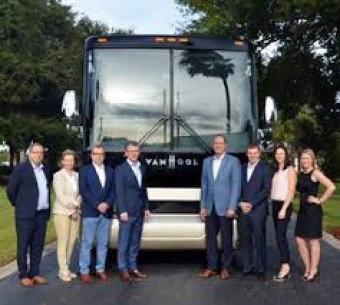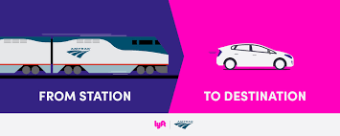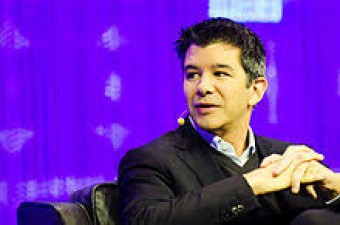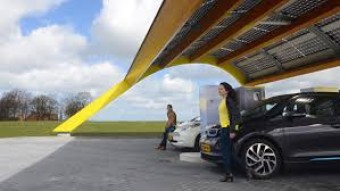Could rideshare advertising be a $2 billion space for advertisers?
A group of San Diego tech entrepreneurs believe with the right partner, their platform will be able to quickly monetize the rideshare advertising space. With proven technology, and beta program complete, RIDEPLAY tv is now servicing advertisers and paying rideshare drivers by the mile. The fully functional platform is equipped with proprietary technology that streams entertaining content and advertisements on tablets within the back seats of rideshare cars like Uber & Lyft.
After 2.5 years of bootstrapped development, RIDEPLAY tv is now broadcasting its own content network along with placed advertisements. The reaction from passengers and drivers has been extremely positive. After polling drivers, RIDEPLAY tv has seen driver ratings go up, passengers tickled by the content, and a change in consumer behavior. Drivers say 25% of the time passengers reroute to a destination advertised on the tablet.
Accelerating beyond the friends and family investment, RIDEPLAY tv is seeking a partner that will help increase distribution to serve a long waiting list of regional and national clients.
“We’re young and flexible. We’re focused on finding the best active partner to come on board and help us take our platform to the next level,” says RIDEPLAY tv CEO, Greg Maestro.
The app is available in IOS and Android platforms and has rideshare drivers kicking down the door to join a growing waiting list for the opportunity to earn a 20% increase in annual income.
According to projections, the US rideshare advertising market is over $2 billionin untapped annual advertising revenue. RIDEPLAY tv believes it can capture a large part of this market with the right partner/investor.
• Could rideshare advertising be a $2 billion space for advertisers?









